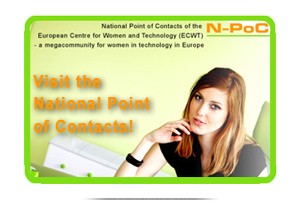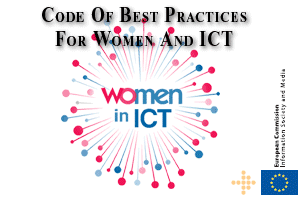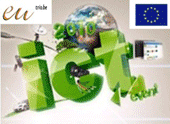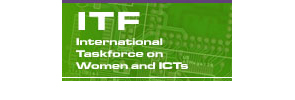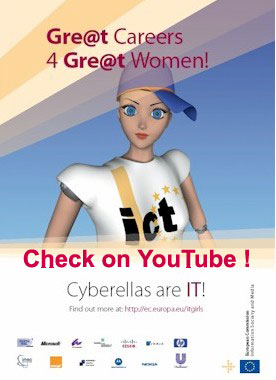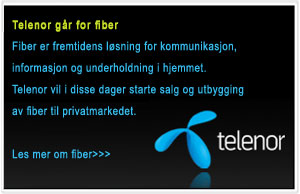
| Official news | | | | | Collected from GWTnet | Calendar | Mapping | Questionnaire | Questionnaire statistic | Registration | ECWT Newsletters |
 |
 |
|
The European Centre for Women and Technology is a non-profit organization based on a multi-stakeholder partnership (MSP), Registration Nr.: 992 958 863. The ECWT carries out its activities based on a Global Framework guiding the work of the ten regional centres globally and enabling measurable global impact.
The Global Framework supports the work of the centres through Five Key Tools: 1.Policy and actions
•education The ECWT strategy is implemented through the ECWT National Point of Contacts (N-PoCs) in EU Member States and wider Europe. N-PoCs function in every country as a national multi-stakeholder partnership to ensure women's full participation in and contribution to the knowledge-based economy and implementation of the Digital Agenda and the Europe 2020 Strategy.
The work of ECWT is lead by an Executive Group responsible for the operational activity and a High-level Advisory Committee functioning as a knowledge pool for support. Both the Executive Group and the High-Level Advisory Committee is built on multi-stakeholder representation and have documented experience in working with women and technology and/or innovation issues.
The Secretariat of the ECWT is at Papirbredden Innovasjon AS (PI), a regional innovation centre in Drammen, Norway. PI has played a key role in launching the European Centre through hosting the kick-off meeting in 2008 and co-financing the ECWT until 2011. Since 2010 there are three Working Groups assisting the work of the Executive group: The Director of the European Centre is since the 1st of October 2008 Chair of the Global Women and Technology (GWT) Network.
|




